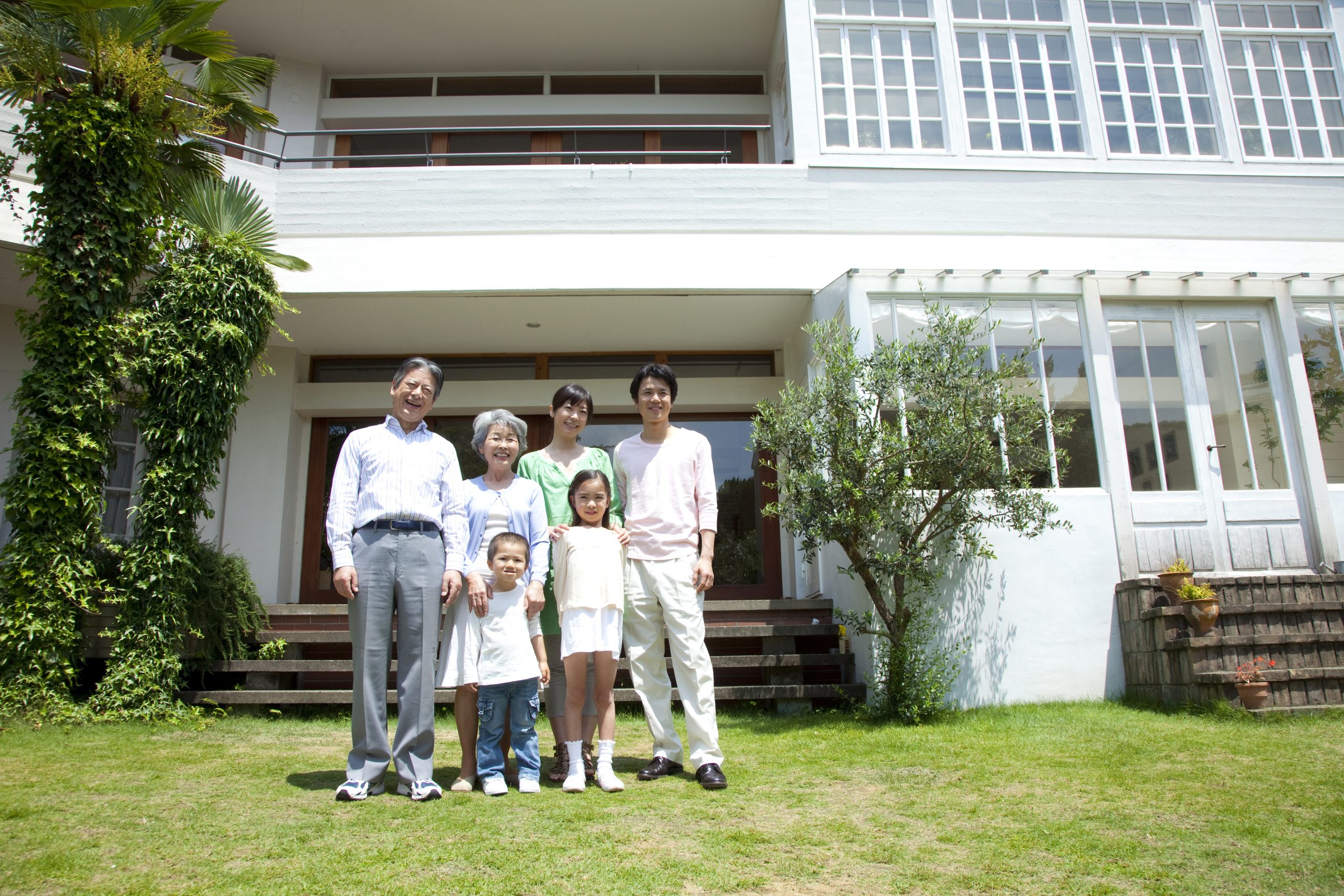October 1, 2021
Finding Out What Family Really Means… Adult Adoption May Just Be the Answer

We thought it was time to write a feel-good story about estate planning which admittedly can be a mixed bag activity. On the one hand, creating a plan gives you comfort knowing that your loved ones will be taken care of when you’re gone. On the flip side, however, it requires that you contemplate your demise, which can make even the most matter of fact of us squirm.
An upcoming adoption hearing brought to mind some of the most heartwarming cases we’ve handled. These are not stories of orphans or babies being given a new home and a family by loving adults. Rather, these are adult adoptions. According to Chuck Johnson, president and CEO of the National Council for Adoption, adult adoption seems to be on the rise in the United States. Admittedly, these most unique adoptions are those that legally unite adults who may have never shared a home or appear as babies together with their parents in the family photo album. These are later in life relationships that enable adoptees to unite with new parents and formalize a chosen familial relationship.
Why Would An Adult Want to Be Adopted?
Why would any adult want to be adopted? According to Johnson, the most common situations are stepparent and foster parent adoptions of adult children who have lost or are estranged from their biological parents. These new parents typically have played such meaningful roles in their adult children’s lives. Now the “kids” want to make the relationship legal so that together they can participate in milestone events like being walked down the aisle to the altar, sharing firsthand in the achievement of receiving an advanced degree, or being part of the family gathering welcoming a precious new grandchild into the world.
Therapists who specialize in adoption say that emotion seems to be at the heart of these new parent-child relationships. Adoption can provide stability, a feeling of permanence and belonging, and the gratitude of at last or again being able to experience unconditional parental love.
Many states allow adult adoptions, that is adoptions of people over the age of 18. Although state-to-state the requirements vary, generally the laws surrounding adult adoptions are much less restrictive than those governing the adoption of minor children. In New Jersey, for example, the law covering adult adoption says that the court shall allow a person or couple of full age to adopt an adult person if the court is satisfied that the adopting parent or parents are of “good moral character and of reputable standing in the community.” Also in New Jersey, the adopting parent or parents must be at least ten years older than the person being adopted. The law also states that the adoption must be to the “advantage and benefit” of the person being adopted.
Advantage and Benefit
It’s that last reference about advantage and benefit that may speak to the reason why adult adoptions in New Jersey may be even more prevalent than they are in other states: New Jersey is one of only a handful of states that have an inheritance tax, which imposes a tax on assets that pass to anyone other than a spouse or a child. Believe it or not, a story related to the New Jersey inheritance tax is one of our firm’s most touching adoption cases.
At the center of the story are an elderly couple who were both deaf. Our Partner Gretchan Ohlig handled the couple’s estate planning because she can communicate in American Sign Language and could effectively communicate with them. The husband and wife ultimately sought to adopt their neighbor, a woman with whom they had developed an incredibly close relationship over 25 years…so close that the woman was like a daughter to them and her daughter like a granddaughter.
They celebrated all holidays together and, when it came to their estate planning, they asked if she would be their Power of Attorney and Executor. She agreed and subsequently the couple decided to leave the neighbor all of their assets when they passed. We drafted the estate planning documents accordingly.
Adult Adoption. Why Not?
The husband and wife had no children or grandchildren and were in their late 80’s and 90’s respectively when they transitioned to an assisted living-skilled nursing home in the area. A couple of months before the husband passed away, we were talking about their estate plan. They were worried that when they were both gone, and everything went to the neighbor, she would have to pay 15%-16% to the State of New Jersey because she wasn’t related to them.
If we consider her to be our daughter, can we adopt her? they asked.
Yes, and why not! was Gretchan’s answer. If the biological parents are gone, which they were, and in the case of a married adult the spouse consents, which the spouse did, then the adoption can continue.
A Humane Reaction to a Tough Law
When we went to court, we were very upfront with the judge that the primary purpose was to avoid inheritance tax obligations. Still, we emphasized that this was especially important because the couple and the woman shared a parent-child relationship. The judge not only ruled in our favor but said she was “happy” to do it.
On an equally personal level, this long-ago adoption was the first adult adoption for Gretchan. Since then, Gretchan has overseen other adult adoptions that share a similar story.
“It was so obvious that my clients cared so much about this person and were so happy and relieved that that they could solidify this relationship,” says Gretchan.
At Phelan, Frantz, Ohlig & Wegbreit, we always listen intently to your unique situation and then work diligently to develop an estate plan that fulfills your wishes and your needs.
Call us at 908-232-2244 and we will work with you to take care of your heirs in ways that will make your heart sing.

Beware the Oft Spoken Line to Seniors: “Transfer Ownership of Your House to Your Kids!”




